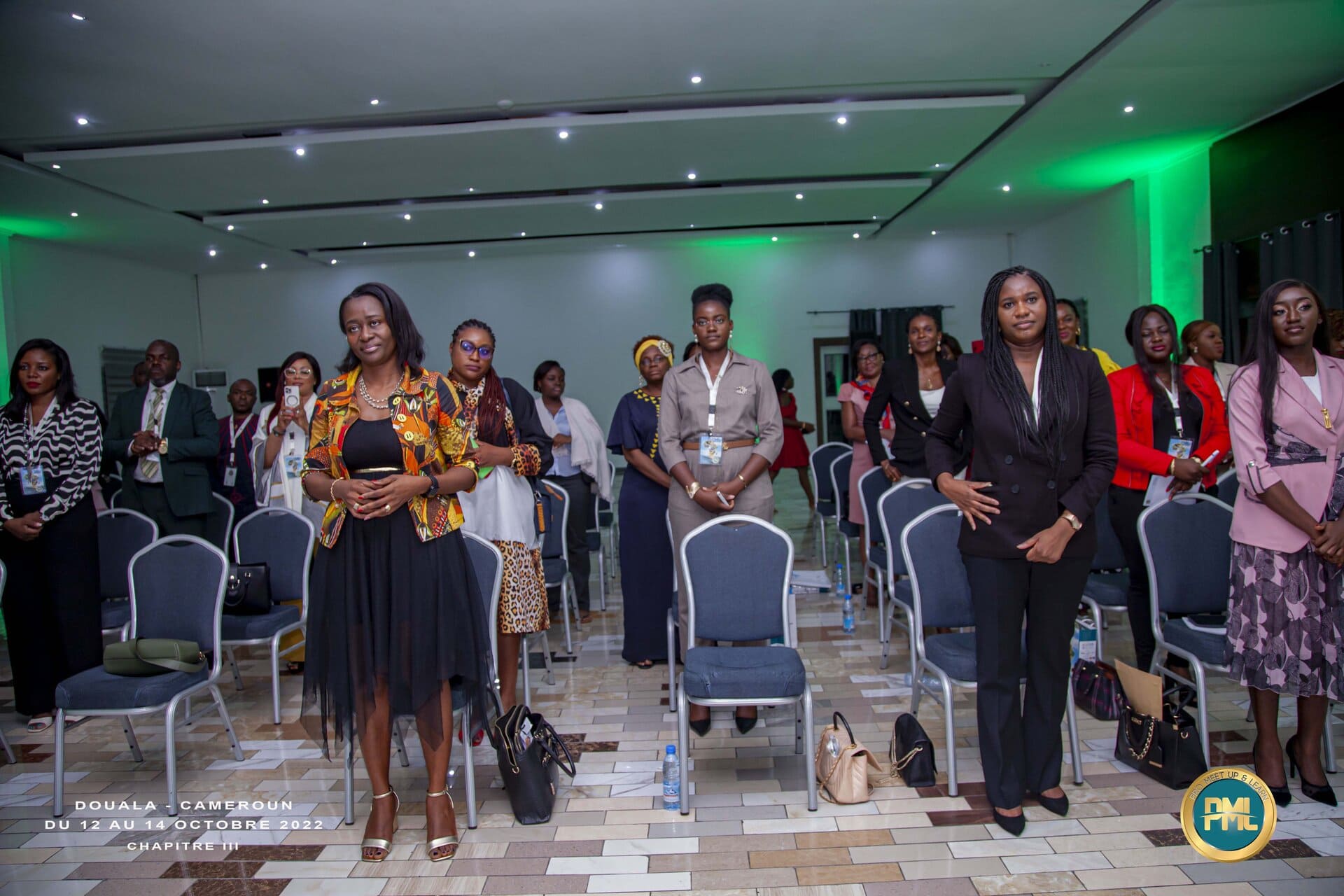B.LEAD’HER NETWORK AND ACADEMY
Women represent more than half of the population of the Economic Community of Central African States (ECCAS), yet they face numerous discriminations and inequalities that limit their access to opportunities and active participation in society. It has been proven that women, when aware of their strengths and assets, are capable of inducing centripetal forces capable of transforming any living ecosystem. Women make a significant contribution to the economy, whether within businesses, on farms, as entrepreneurs or employees, or through their unpaid work at home, where they care for their families.
In light of the above, it is essential to recognize the importance, urgency, and necessity of massively and deeply impacting women in the sub-region. Women are key actors in the economic development of their communities. By promoting their inclusion and participation at all levels of society, an environment conducive to sustainable economic growth is created.
Furthermore, the empowerment of women is a prerequisite for achieving the Sustainable Development Goals (SDGs) set by the United Nations. Moreover, the numbers are quite telling, especially in terms of future prospects: in 2024, African women represent 52% of the continent's total population. According to World Bank projections, by 2050, the African population will double from 1 billion to 2.4 billion, with 1.4 billion of this population being women. It is important to lay the solid foundations of a systemic framework that will enable the dissemination of a real momentum for the future.
By impacting 1,000,000 women in the ECCAS area by 2030, we are creating a dynamic for change that will promote equity and access to fundamental rights. It is necessary to implement education and training programs aimed at strengthening women's skills in various sectors, particularly in entrepreneurship and leadership.
Finally, the impact of women's empowerment is not limited solely to the economic sphere. Women are also agents of change in their communities, contributing to the construction of fairer and more balanced societies. Their active participation in political decision-making and their ability to influence public policies are essential to ensure an inclusive and egalitarian society for all.
AUDACITY
To break free from established codes, push boundaries, overcome obstacles, and further engage in development and growth synergies within the markets.
1SHARING
Sharing multidisciplinary skills across various sectors of activity. Exchanging tools and best practices necessary to achieve set objectives.
4AUTHENTICITY
To assert oneself, to make an impact, to contribute, and to influence through a personal brand expressed with sincerity and commitment, aligned with personal values and self-acceptance.
2SOLIDARITY
Mutual assistance among stakeholders with a community of interests. Challenges faced by one or more concern the entire B.LEAD'HER NETWORK AND ACADEMY community
5AMBITION
Driven by a desire and determination to move to the next level, break into a new industry, gain market share, and take on senior roles within organizations, individuals strive for success and growth.
3HOSPITALITY
Generosity, kindness, mutual warmth in the way of welcoming and treating peers, enabling a sharing of growth tools and free expression for each individual.
6AUDACITY
Break free from established codes, push boundaries, overcome obstacles, and further engage in development and growth synergies within the markets.
1AUTHENTICITÉ
Assert oneself, to make an impact, to contribute, and to influence through a personal brand expressed with sincerity and commitment, aligned with personal values and self-acceptance.
2AMBITION
Desire and determination to move to the next level, break into a new industry, gain market share, and take on senior roles within organizations.
3SHARING
Sharing multidisciplinary skills across various sectors of activity. Exchanging tools and best practices necessary to achieve set objectives.
4SOLIDARITY
Mutual assistance among stakeholders with a community of interests. Challenges faced by one or more concern the entire B.LEAD'HER community.
5HOSPITALITY
Generosity, kindness, mutual warmth in the way of welcoming and treating peers, enabling a sharing of growth tools and free expression for each individual.
6B.LEAD'HER NETWORK AND ACADEMY NETWORK GOALS
- Raise awareness and educate women on the importance of their empowerment and the overall impact it creates on their current community, society at large, and future generations of women.
- Strengthen African women's entrepreneurial skills in terms of hard skills on certain fundamentals to improve the viability of their businesses and enable them to position themselves sustainably in the domestic and international markets.
- Promote and enhance innovation and the use of new technologies to facilitate women's entrepreneurship in a business world closely linked to the dictates of ICT.
- Establish platforms for exchanging experiences and best practices where women entrepreneurs could connect, interact with each other, exchange their experiences and journeys, and (dimension gains & business).
- Provide effective Soft skills tools to entrepreneurial women to combat persistent gender stereotypes, biases, and discriminatory tendencies.
- Implement combinations of concrete actions at local, national, and sub-regional levels to actively engage governments in the establishment of policies promoting inclusion and diversity.
- Promote inclusion and equal opportunities by removing social, economic, and cultural barriers that hinder the success of African women entrepreneurs in the ECCAS region.
LEVERAGING BUSINESS NETWORKING
S’adressant dans un premier temps aux femmes et ensuite aux hommes ayant atteint un niveau remarquable dans le monde professionnel, B.LEAD’HER favorise des échanges de compétences, de tools, de bonnes pratiques éprouvés et de services, dans un vision de consolidation de réseau de relations afin de permettre à chacun de s’élever davantage et relever les challenges au plus haut niveau.

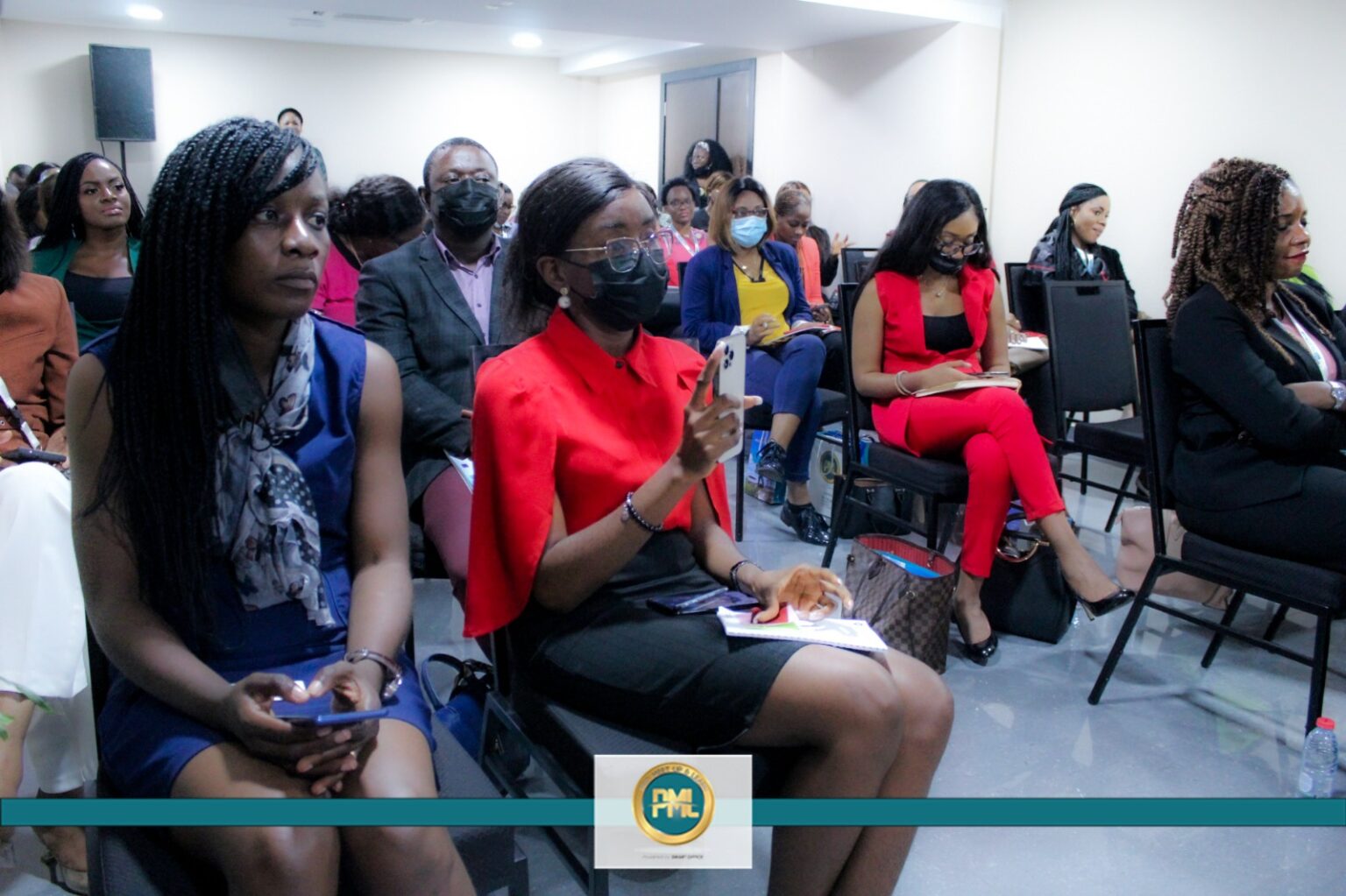
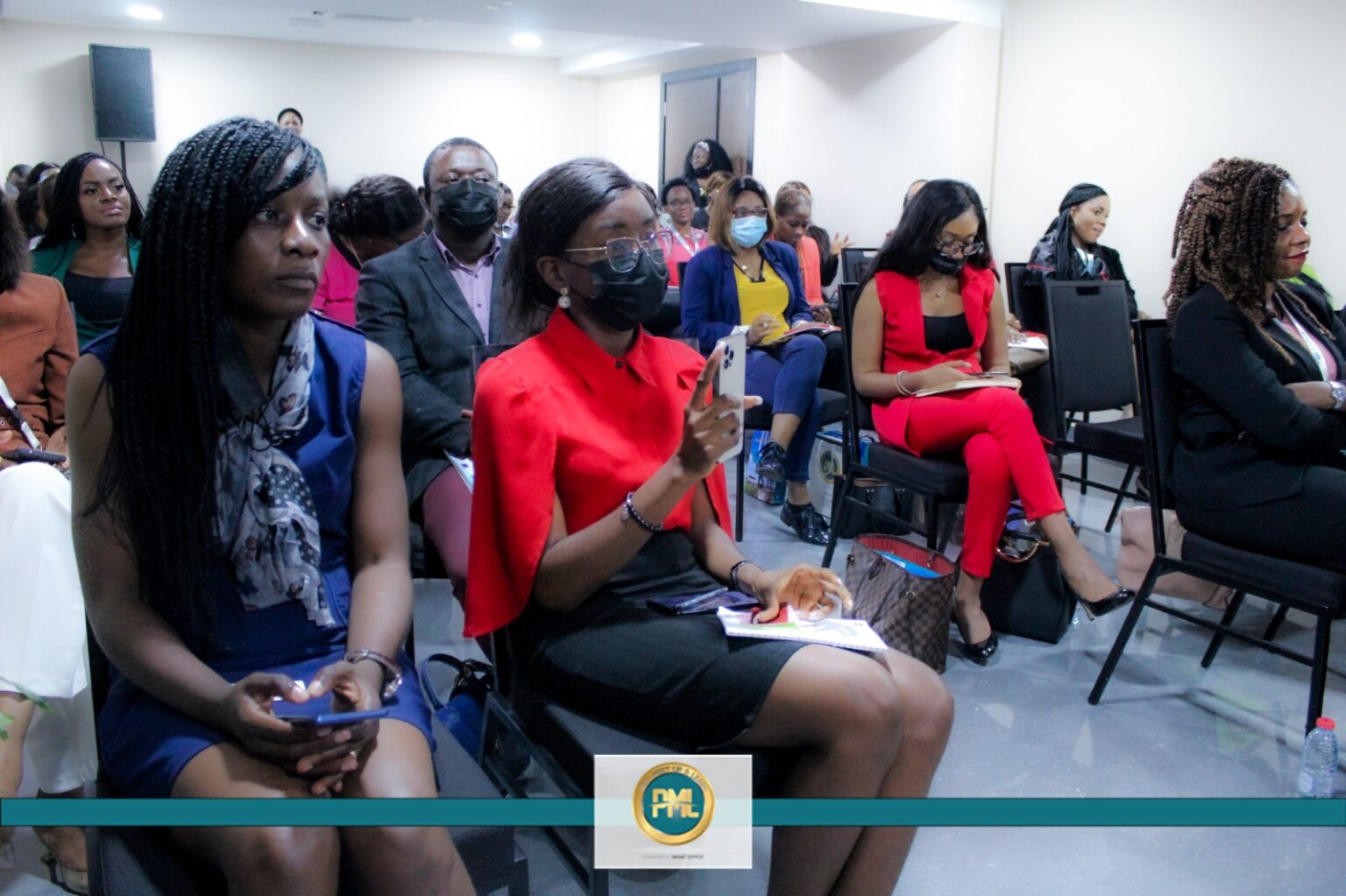

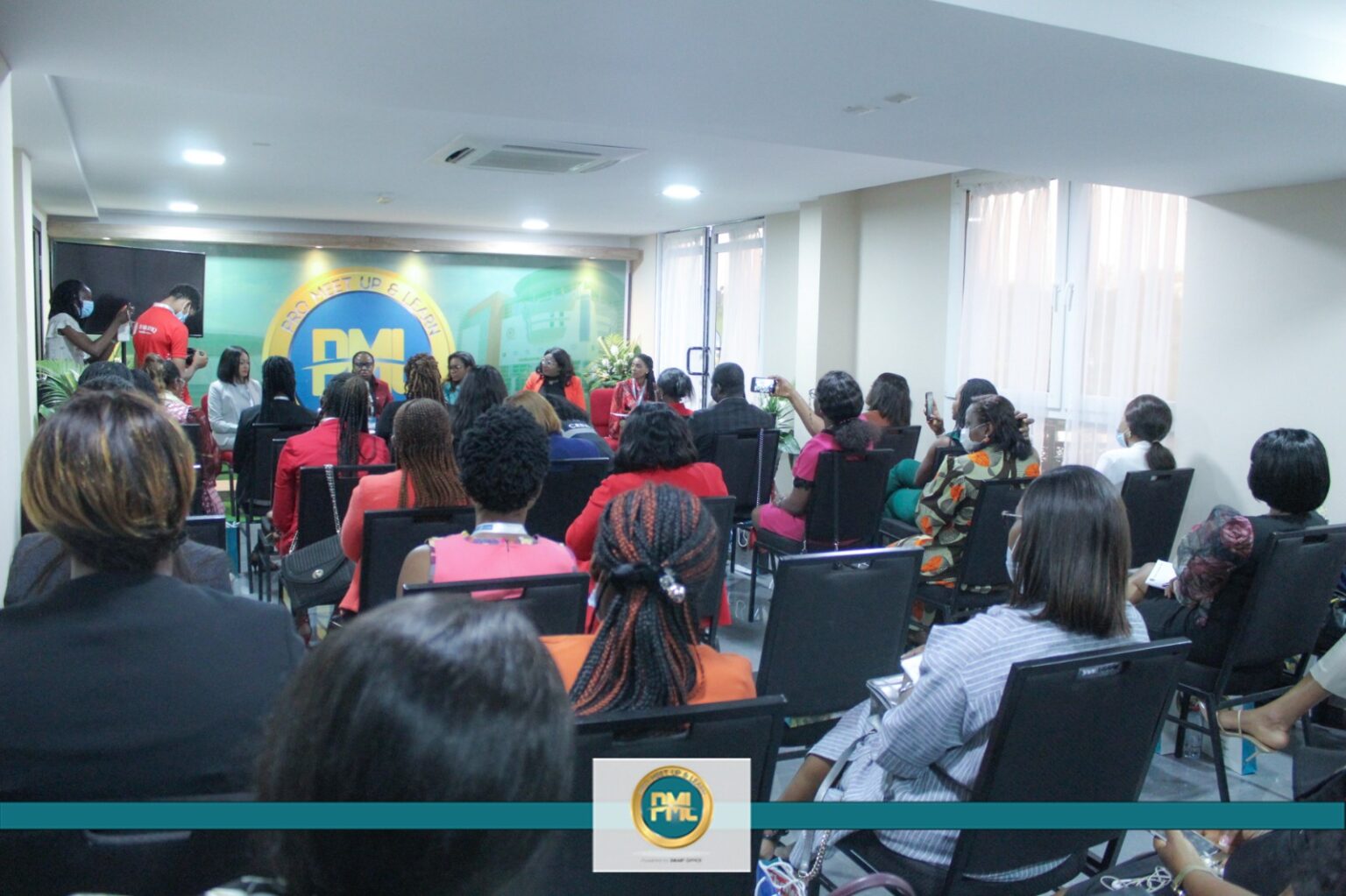

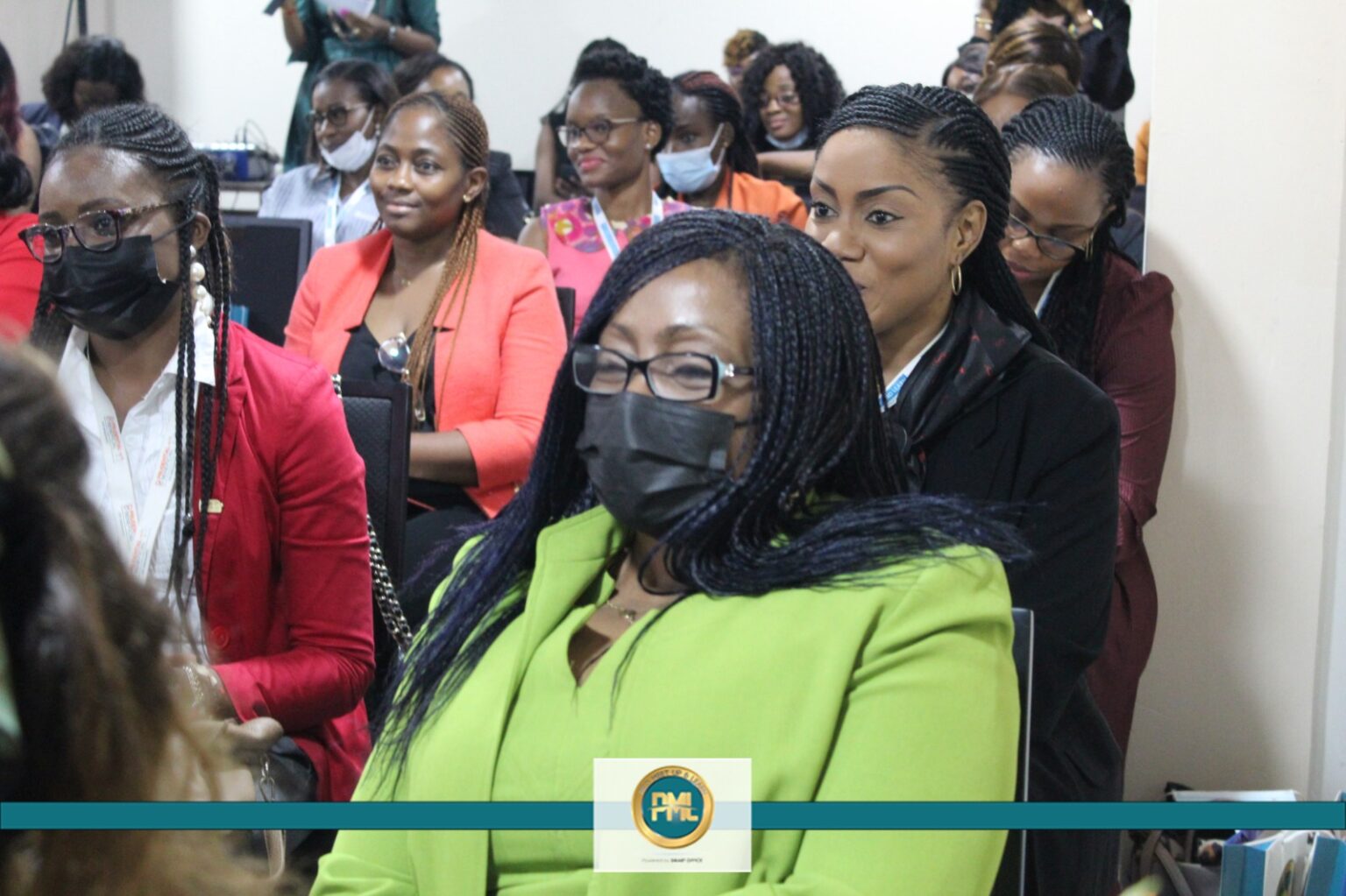
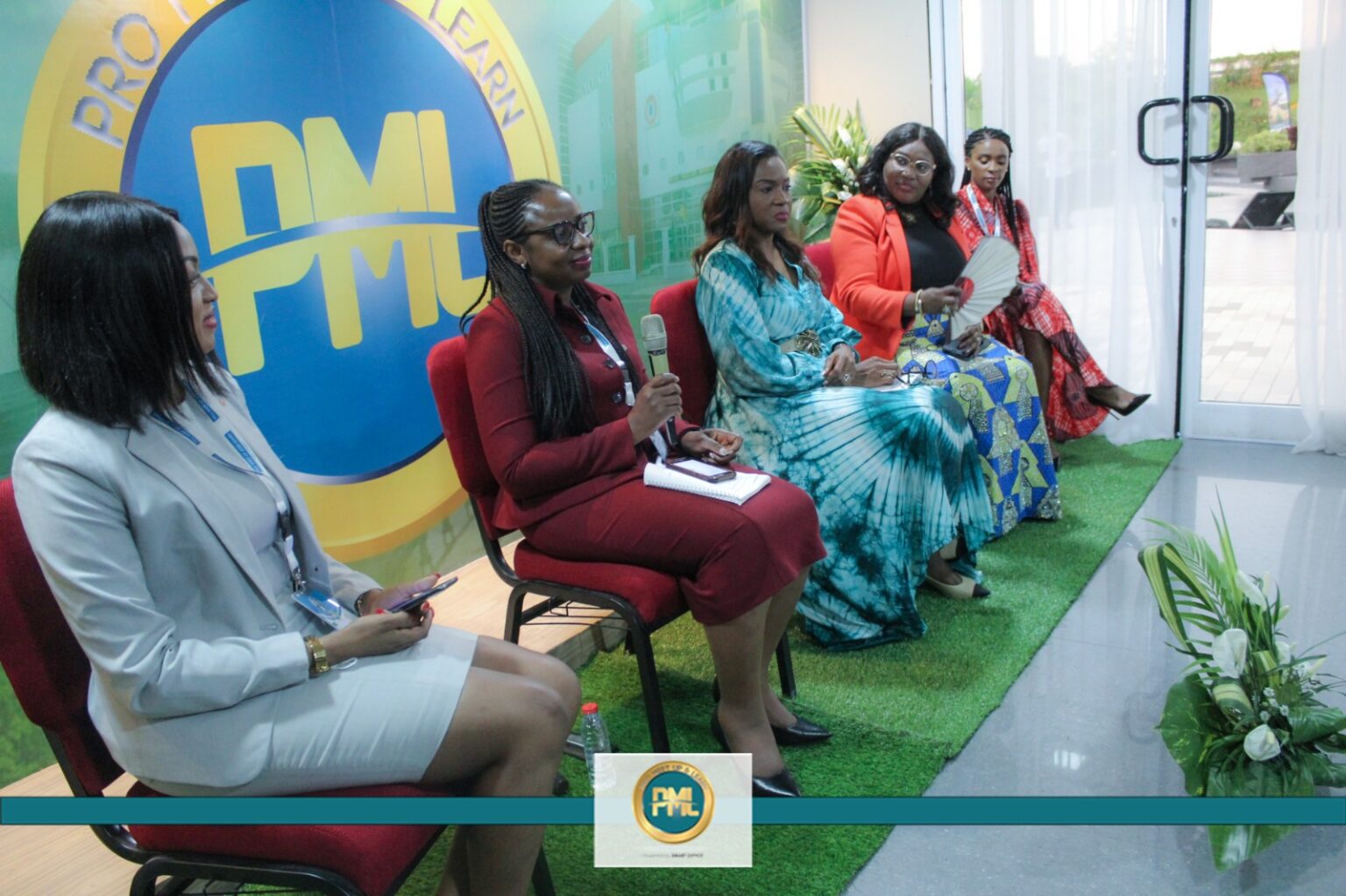
GROWTH STRATEGY
IDENTIFYING STRONG SYNERGIES FOR ORGANIZING EXCHANGES OF SERVICES AND GOODS.
B.LEAD'HER NETWORK AND ACADEMY enables leveraging professional experience sharing and a
high-quality network, to implement winning business growth strategies, access larger and potentially lucrative markets in the African territory, through beneficial alliances and partnerships for each of the parties involved.

INCREASING VISIBILITY AND INTEREST IN ONE'S BUSINESS.
B.LEAD'HER NETWORK AND ACADEMY facilitates meetings between actors of African economic development, for greater visibility among decision-makers.

Initially targeting women and later men who have reached remarkable levels in the professional world, B.LEAD’HER NETWORK AND ACADEMY encourages the exchange of skills, tools, proven best practices, and services. This vision aims to consolidate a network of relationships, allowing each individual to elevate themselves further and tackle challenges at the highest level.

INCREASING VISIBILITY AND INTEREST IN ONE'S BUSINESS.
B.LEAD'HER facilitates meetings between actors of African economic development, for greater visibility among decision-makers.

Initially targeting women and later men who have reached remarkable levels in the professional world, B.LEAD’HER encourages the exchange of skills, tools, proven best practices, and services. This vision aims to consolidate a network of relationships, allowing each individual to elevate themselves further and tackle challenges at the highest level.




